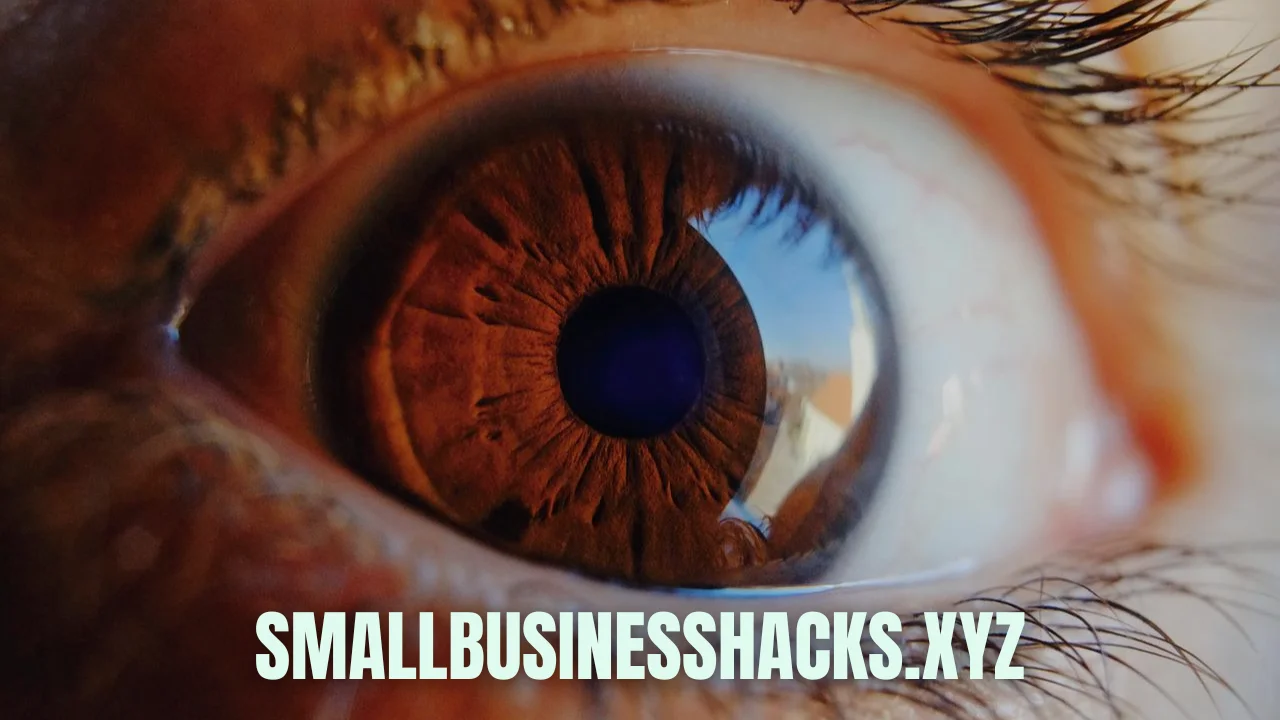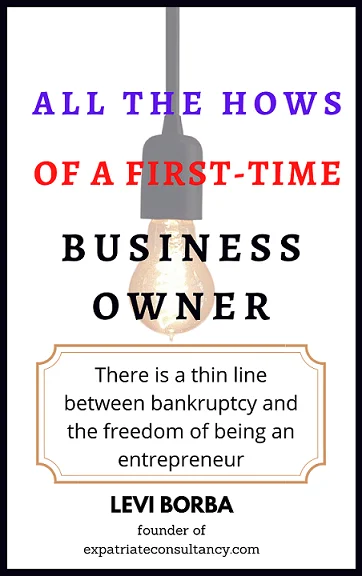A reality exists that few people are aware of: the battle of deep work vs shallow work inside our minds.
A scary truth: business conglomerates and media companies are auctioning for your attention right now.
Each year, they invest billions in research.
All of them aimed to find a method to catch your attention, even by appealing to our most basic human instincts.
This multibillion-dollar endeavor produced a significant distraction issue. anything that has never before occurred in the history of humanity.
We spend more than six hours per day staring at the same thing: screens. Our ability to focus has worn out.
Studies found that people’s attention spans today are fewer than eight seconds. Our ability to pay attention for longer times decreased to that of a goldfish.
In comparison, a medieval watchtower keeper or a ship iceberg watcher spent less time staring out to the fields or to the sea than the typical Filipino does at computer and smartphone screens.
I experienced the same difficulty as a wannabe author. Up until I read Cal Newport’s book Deep Work.
You might already be familiar with Cal from one of his other publications. Together with Nassim Taleb, he is one of the few contemporary authors who have consistently provided important life insights every time I read them.
In this article, I’ll explain how the advice in his book helped me increase my productivity, and how it can assist you as well.
Shallow Work — What is it?
Cal Newport created the term “shallow work” to describe all non-cognitive, logistical, or trivial tasks performed when distracted.
Things like responding to emails, browsing websites, using social media, filling out forms, and sitting idly in meetings take minimal cognitive effort and are typically simple to imitate.
In other words (and also paraphrasing Cal), shallow work are jobs that you could easily outsource for a student not familiar with your field and with minimal training.
This sort of labor might easily fill our days, but it seldom adds to our larger goals and provides little value. It also doesn’t leave us feeling full or content because it doesn’t provide us with a lot of significance or purpose.
Unless you’re fortunate enough to have a personal assistant to take care of all the tedious jobs, completing some superficial work is unavoidable. Emails must be responded to, changes must be shared, and invoices and timesheets must be done.
So, while you can’t completely eliminate shallow work from your life, you should be aware of how much room you devote to it.
Check also: Examples of Logical Fallacies in Business That Can Ruin You
Deep Work vs Shallow Work
The opposite of shallow work is deep work.
There is a human primal state of mind that has existed since our forefathers lived in caves and hunted for a living. It’s alert, concentrated, and hungry.
When a hunter crawls to ambush game or constructs a shelter to endure the winter, he is acting for his own survival and the protection of his family. This increases his learning curve for two reasons.
1st -The person removes all distractions.
2nd — The person regards the acquisition of a particular ability as essential to his survival; hence, bigger stakes increase his drive.
The primal state is when everything else is put on hold so that a needed skill can be learned right away. We call it deep practice, or if it is a conceptual effort, deep work.
This human state is free of distractions and is fueled by excellence.
Deep Work vs Shallow Work: Examples
- Read the news and reports about increasing inflation and summarize it for further meetings with the procurement department of your company: shallow work.
- Elaborate and present during the meeting a joint plan to react against spiking inflation and hedge prices: deep work.
- Scroll the endless feeds of social media: shallow work.
- Write thoughtful, well-researched content: deep work.
- Answer e-mails using pre-made templates: shallow work.
- Analyze airline prices to define an ideal buying strategy for the next summer: deep work.
- Purchasing cosmetics on Amazon: shallow work.
- Adapting Amazon’s strategy for your e-commerce website: deep work.
Lack of Appropriate Focus
In past pieces, I discussed how Facebook is using science to seize your attention, how spending too much time on WhatsApp is making us stupid, and how Instagram is a well-oiled machine to make your life worse.
What do they all have in common?
What you choose to pay attention to has a huge impact on your attitude.
Popular wisdom holds that wrath and resentment undermine a person from within. However, the same logic can work in your favor. Shifting the focus of attention after a traumatic or disruptive event in life can recharge an individual and signify a fresh beginning.
A lack of concentration is also unhelpful. A lack of attention will cause your mind to focus on what is wrong rather than what is good. After a certain point, days with nothing to do are likely to be tiring and upsetting. Even though everything seems harmless and fun at first.
Don’t get me wrong: I’m not against leisure. But not all ways of having fun are the same. Arts, reading, and crafts are all things you can do to relax while still being busy. They also have the benefit that after a long day of exercise, they make you feel good about yourself and like you’ve accomplished something.

Productive Fun
But one might assume, “I’m already so focused at work! Why should even my enjoyment be focused?”
This is a wrong and false starting point. The first problem is that most jobs today are not focused at all. Corporate jobs are especially prone to distractions. The second mistake is that this premise shows that our brains get tired of doing one thing for a long time.
This is not correct. Our brains are tired by concentration.
They are not like our legs or arms, which tire with effort. Indeed, the effort generated by intensive work can stimulate your mind to the point that it craves more. This is a finding used by the game industry to keep gamers glued to their displays, tackling tasks and obstacles.
Your brain doesn’t want to go to sleep. It wants to be put to the test. Keeping this in mind, I stopped doing things like watching TV and started writing. That is when my life (and my income) changed.
Multitasking is Almost Always Shallow Work
Often lack of appropriate focus comes together with the modern need for multitasking.
But first, Multitasking is a lie.
Second, It is often synonymous with shallow work and distraction, as explained in the analogy below.
In truth, the lioness is unconcerned about the herd. She is fixated on a single antelope. One who is a little behind owing to a tingly leg, most likely after sliding in a rock after the recent rains.
During the following several minutes, the feline concentrates all of her thoughts on the numb antelope. She evaluates his speed, his escape routes, and even the precise point at which she should explode and run to seize her target. She is surgical and laser-focused. She loses the prey if she is preoccupied with the cubs’ fighting games, the herd, or her tax returns.
The lioness’ whole universe is that numb antelope right now. The lioness does not multitask.
Don’t Be Busy, Be Productive — Like a 200m Runner.
With distraction obscuring my routine, I had another issue with which the reader may be familiar: I was frequently staying late at work in order to meet deadlines.
I was approaching my work as if it were a marathon, with my goals achieved by perseverance over a long period of time.
Cal Newport gave me another technique for dealing with repeated, noncognitive demanding, logistical-style activities (shallow work): treat them like a 200-meter runner.
Handle them extremely fast, stopping only when they are finished, allowing you to focus on what develops your talents and requires cognitive ability.
With this approach, I was able to substantially cut the amount of time I spent monitoring emails and updating indicators. Now I’m concentrating on what will significantly enhance my output. As a famous CEO once said, a company’s success is the sum of its people’s outputs.
Create a shutdown procedure after you’ve finished your task, always around the same time. Something like saying out loud “time to leave”, or drinking the last sip of your coffee mug. This is a routine builder.
After two weeks of exercising this practice, you will have developed a mental cue. A signal to leave all work-related concerns at your desk and head home to crack a cold one with the boys or to have dinner with your wife.
Conclusion Points (With Quotes From Deep Work and Cal Newport)
- Reduce the amount of time dedicated to shallow work, and refocus it on deep work.
The shallow work that increasingly dominates the time and attention of knowledge workers is less vital than it often seems in the moment.
- Avoid multitasking, since it harbors shallow work.
To make matters worse for depth, there’s increasing evidence that this shift toward the shallow is not a choice that can be easily reversed. Spend enough time in a state of frenetic shallowness and you permanently reduce your capacity to perform deep work.”
- Get rid of distraction and lack of appropriate focus.
Who you are, what you think, feel, and do, what you love — is the sum of what you focus on.
- Don’t be busy, be productive (or: don’t work like a marathonist but like a 200m runner).
When you work, work hard. When you’re done, be done. Your average e-mail response time might suffer some, but you’ll more than make up for this with the sheer volume of truly important work produced during the day by your refreshed ability to dive deeper than your exhausted peers.
This post was initially published on the Small Business Hack blog. In February 2024, the blog was bought by Blogelist and later integrated into the existing ecosystem. Any (potential) changes in content after that date were not consulted with the initial author and come from the current staff.




2 thoughts on “Deep Work vs Shallow Work: A Crucial Step for a Productive Ogre”